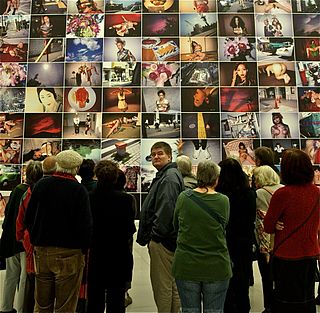A Quote by Michel de Montaigne
Lucius Arruntius killed himself, he said, to escape both the future and the past.
Related Quotes
Tell me, how is Lucius Malfoy these days? I expect he's delighted his lapdog's working at Hogwarts, isn't he?" "Speaking of dogs," said Snape softly, "did you know that Lucius Malfoy recognized you last time you risked a little jaunt outside? Clever idea, Black, getting yourself seen on a safe station platform. Gave you a cast-iron excuse not to leave your hidey-hole in future, didn't it?
The Past is dead, and has no resurrection; but the Future is endowed with such a life, that it lives to us even in anticipation. The Past is, in many things, the foe of mankind; the Future is, in all things, our friend. In the Past is no hope; The Future is both hope and fruition. The Past is the text-book of tyrants; the Future is the Bible of the Free. Those who are solely governed by the Past stand like Lot's wife, crystallized in the act of looking backward, and forever incapable of looking before.
Photographs are diary entries That's all they can be. Photographs are just documentations of a day's event. At the same time, they drag the past into the present and also continue into the future. A day's occurrence evokes both the past and the future. That's why I want to clearly date my pictures. It's actually frustrating, that's why I now photograph the future
Lucius Cassius ille quem populus Romanus verissimum et sapientissimum iudicem putabat identidem in causis quaerere solebat 'cui bono' fuisset. The famous Lucius Cassius, whom the Roman people used to regard as a very honest and wise judge, was in the habit of asking, time and again, 'To whose benefit?
I could have killed you.” “Or I could have killed you,” Percy said. Jason shrugged. “If there’d been an ocean in Kansas, maybe.” “I don’t need an ocean—” “Boys,” Annabeth interrupted, “I’m sure you both would’ve been wonderful at killing each other. But right now, you need some rest.” Food first,” Percy said. “Please?
What the nostalgic past and the imaginary future seem to share in common is a form of idealism, perhaps a dream of wholeness. Our future is just as goopy with sentiment as our past. To me, they're the same, both very tempting, and I don't believe in either, although the idealism is probably important.









































